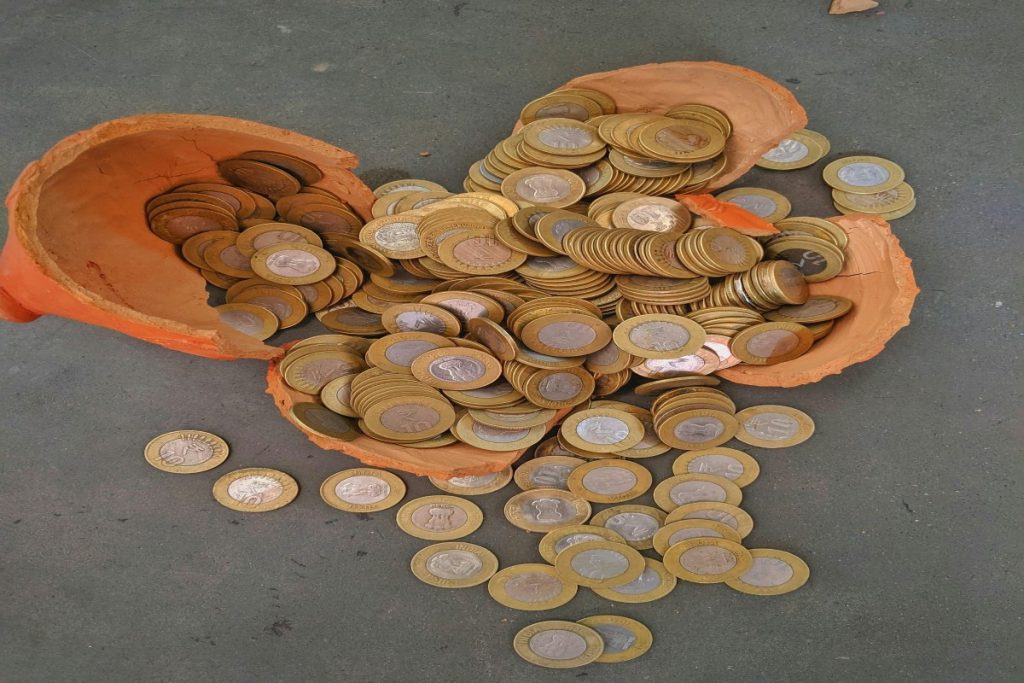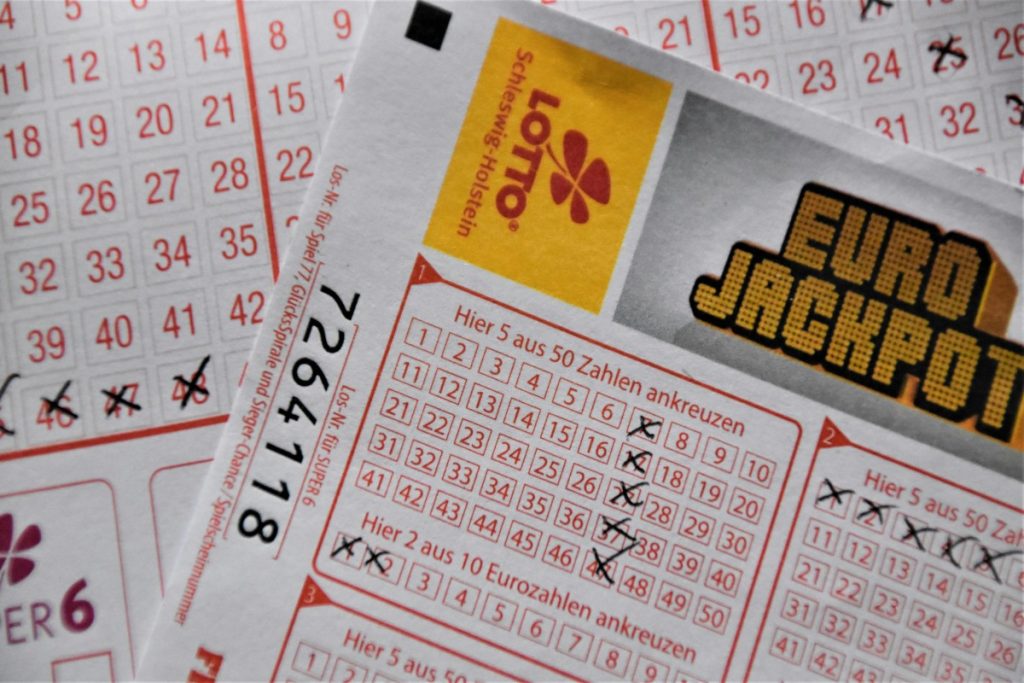Being frugal doesn’t mean cutting out all the things you love. It’s about being smart with your money and making decisions that help you save and get more out of life.
By stopping unnecessary spending, you’ll see your savings grow, and you’ll have more cash for what really matters. Here are 14 things you can stop spending money on today, plus tips for living a more budget-friendly life.

1. Bottled Water
Buying bottled water might seem harmless, but it adds up quickly. Spending $1.50 a day on water equals about $550 a year! Most of the time, tap water is just as good and much cheaper.
Frugal Tip: Get yourself a good reusable water bottle and fill it up at home. You can also use a water filter if you prefer filtered water. Not only will you save money, but you’ll also help reduce plastic waste.
2. Cable TV
Cable TV is expensive, with many packages costing between $60 and $100 per month. The reality is, most of us only watch a few channels, and streaming services offer a lot more for a lot less.
Frugal Tip: Switch to a cheaper streaming service like Netflix or Hulu. You can even share a subscription with friends or family to save more. Streaming gives you access to your favorite shows without the hefty price tag of cable.
3. Expensive Gym Memberships
You don’t need an expensive gym membership to stay fit. Many people pay for a gym they rarely use, which means they’re throwing away money every month.
Frugal Tip: Try free workout options like YouTube fitness videos, apps, or outdoor activities like running or walking. If you prefer the gym, look for budget gyms or community centers with lower fees.
4. Daily Coffee Runs
Buying coffee at a café every day can really hit your wallet. At $5 a cup, that’s $1,200 a year! This is one of the easiest habits to cut if you want to save more.
Frugal Tip: Invest in a coffee maker or French press and make your coffee at home. You can experiment with different beans and flavors to make your morning coffee special, without spending a fortune.
5. Fast Fashion
Fast fashion might seem affordable, but the clothes often don’t last long, meaning you have to buy more often. Over time, this can cost you a lot more than you realize.
Frugal Tip: Invest in high-quality, timeless pieces that you can mix and match. Thrift stores are great for finding stylish clothes at low prices, and you’ll be helping the environment by reducing waste.

6. Eating Out Regularly
Eating out is convenient, but it can be one of the biggest money drains. Even quick meals or takeout add up fast, and it’s usually cheaper and healthier to cook at home.
Frugal Tip: Plan your meals and cook in bulk at home. Meal prepping can save time during busy weeks, and you can save eating out for special occasions instead of making it a habit.
7. Bank Fees
Bank fees, like monthly account fees or ATM charges, are easy to overlook but can add up quickly. Over time, these small charges can eat into your savings.
Frugal Tip: Switch to a bank that offers free checking or savings accounts with no hidden fees. Also, always use your bank’s ATMs to avoid withdrawal charges.
8. Unused Subscriptions
With so many subscription services available today, it’s easy to sign up for things and forget about them. Those small monthly charges can add up without you even realizing it.
Frugal Tip: Go through your subscriptions and cancel any that you don’t use regularly. Set a reminder every few months to review your subscriptions so you’re only paying for what you actually use.
9. Name-Brand Products
Brand-name products often come with a high price tag, but that doesn’t always mean better quality. From groceries to medicine, many store-brand or generic items are just as good.
Frugal Tip: Try out store-brand versions of your favorite products. You’ll likely find that the quality is just as good for a lot less money.
10. Extended Warranties
Stores love to push extended warranties when you’re buying electronics or appliances. However, these warranties often aren’t worth the extra cost, especially since many products come with a manufacturer’s warranty.
Frugal Tip: Skip the extended warranty. Check the product’s manufacturer warranty and see if your credit card offers additional protection when making purchases. You’ll save money and still have peace of mind.
11. Tech Upgrades
New gadgets come out all the time, but upgrading your phone, laptop, or tablet every time there’s a new version isn’t necessary. Keeping up with the latest tech is a huge expense that’s easy to avoid.
Frugal Tip: Only upgrade your devices when they stop working or no longer meet your needs. There’s no need to rush out and buy the latest gadget when your current one is still perfectly fine.
12. Costly Cleaning Products
Many cleaning products are marketed as miracle solutions, but they can be overpriced and full of chemicals. You can make your own cleaning supplies at home for a fraction of the cost.
Frugal Tip: Use household items like vinegar, baking soda, and lemon to create effective cleaning solutions. These natural alternatives are not only cheaper but also better for the environment.
13. Lottery Tickets and Gambling

Buying lottery tickets may seem like harmless fun, but it’s not a smart way to spend your money. The odds of winning are slim, and regularly buying tickets or gambling can drain your finances.
Frugal Tip: Instead of gambling with your money, focus on building long-term financial habits like saving or investing. The chances of success are much better than hoping to win the lottery.
14. Expensive Beauty Treatments
Salon visits, hair treatments, and spa days are nice, but when they become regular expenses, they can take a big chunk out of your budget. You don’t have to give up beauty treatments altogether, but cutting back can save you a lot.
Frugal Tip: Try DIY beauty treatments at home. There are plenty of at-home facials, hair masks, and nail kits that give great results for much less. Look for discount salons or beauty schools where you can get services at lower prices.
Wrapping Up: Embrace the Frugal Life
Living frugally isn’t about giving up everything—it’s about being more thoughtful with your spending. By cutting out these 14 unnecessary expenses, you’ll have more money for the things that truly matter, whether that’s saving for a house, taking a vacation, or investing in your future.
Remember, small changes can make a big difference. Making coffee at home, skipping the gym membership, and avoiding fast fashion are easy ways to start saving money without feeling like you’re missing out.
A Sustainable Bonus
Living frugally often goes hand-in-hand with living more sustainably. By cutting back on things like bottled water, fast fashion, and disposable products, you’re also helping the environment. It’s a win-win: you save money and reduce your impact on the planet.
What’s Next?
To keep the momentum going, regularly review your spending habits. You may find even more areas where you can cut back and save. Remember, frugality is a lifestyle, not a one-time change. Stick with it, and over time, you’ll see your financial health improve, leaving you with more freedom and peace of mind.
By making these smart financial decisions today, you’ll set yourself up for a more secure and fulfilling future. Happy saving!

